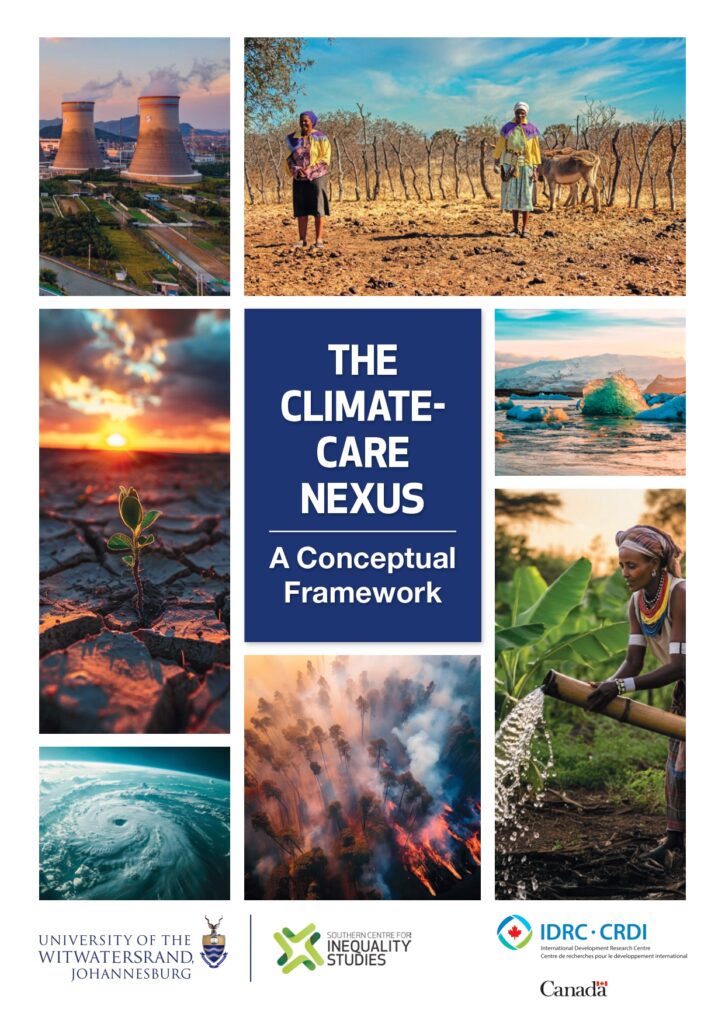Climate and Care Work: Integrated Solutions for Intersecting Crises
This policy brief, developed by The Asia Foundation in coordination with the Climate and Care Initiative, was carried out with the aid of a grant from Canada’s International Development Research Centre (IDRC), Ottawa, Canada. It builds on a growing body of research that explores the connections between climate change, environmental degradation, care work, and the resulting gender and social inequalities.
Both caring for people and caring for the planet are fundamental to human survival, yet both are systematically exploited for short-term economic gains. The consequences of this exploitation include worsening climate impacts and deepening social disparities, particularly affecting women and marginalized communities.
The climate crisis and the crisis of care are deeply interconnected, as climate change increases the demand for care work while also weakening already fragile care infrastructures. Despite this, global climate adaptation and mitigation efforts have largely overlooked the critical role of care in fostering community resilience and ecosystem sustainability. Moreover, many climate solutions unintentionally reinforce inequalities in care labor, disproportionately affecting women, girls, and marginalized populations in low- and middle-income countries. Addressing these challenges requires a holistic and intersectional approach, recognizing that policies tackling climate change must also consider the redistribution of care labor and the restructuring of economic and social systems to support quality care. Integrating care work into climate policy is essential to ensuring a just and sustainable future for all.
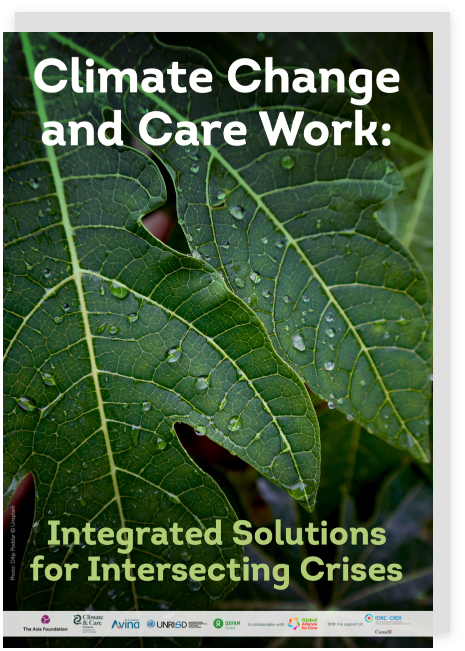
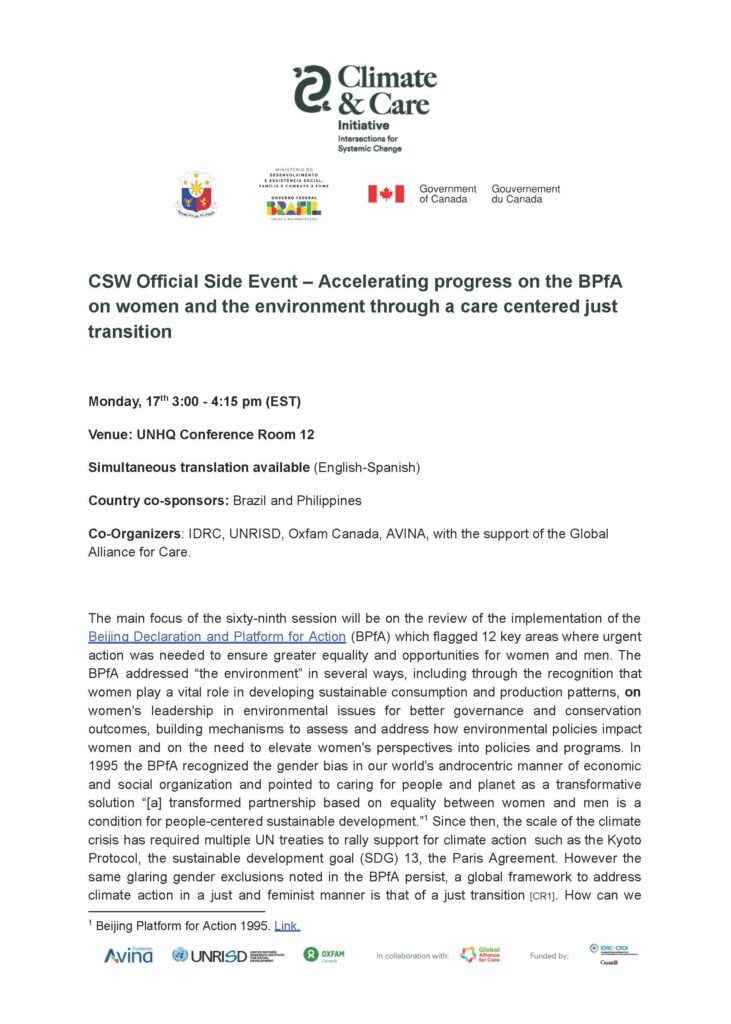
CSW Official Side Event – Accelerating progress on the BPfA on women and the environment through a care centered just transition
As part of the Commission on the Status of Women (CSW69), we invite you to join our official side event. Thirty years after the Beijing Declaration and Platform for Action (BPfA), this session will explore the intersection of the climate and care crises, emphasizing why a care-centered just transition is essential to accelerate progress on gender equality and sustainability.
The discussion will feature findings from the Climate & Care Initiative, including research supported by Canada’s IDRC, as well as insights from ecofeminist and grassroots organizations from the Global South. Policymakers will also engage in a dialogue on how to ensure that COP30 in Brazil advances the BPfA commitments with a climate and gender justice perspective.
Find more about the event in the concept note.
Confirm your attendance here: https://forms.gle/wRddfZAS4JwLMi2m7
Please note that the Initiative is not able to provide funding for any travel costs to the conference.
Rethinking the connections between care and climate: a nexus approach.
The intersections between climate change and care work are not merely coincidental—they are deeply tied to issues of gender equality, economic sustainability, and social justice. While these connections highlight vulnerabilities, they also open up opportunities for innovative policy interventions that can simultaneously address climate change and enhance the visibility and value of care work.
This conceptual framework seeks, through a nexus approach, to expand the boundaries of traditional climate and gender policy frameworks by incorporating more holistic and integrative perspectives. These approaches acknowledge the dual need to mitigate climate impact and to restructure the care economy to be more equitable and supportive of those at its core—primarily women and girls in marginalized communities. The aim is to catalyze a shift toward policies that not only respond to climate change but also contribute to building robust care systems that sustain both social and ecological well-being.
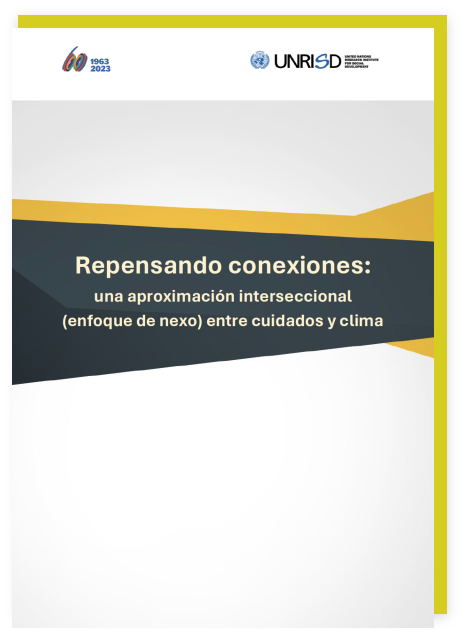
The Climate-Care Nexus: A Conceptual Framework – Southern Centre for Inequality Studies
This working paper presents a comprehensive conceptual framework that explores the intrinsic connections between climate change and care work. Developed by the Southern Centre for Inequality Studies (SCIS) and supported by IDRC Canada, it offers a structural analysis of how systems of privilege—capitalism, colonialism, and patriarchy—shape both environmental degradation and care inequalities.
Bridging feminist economics, political ecology, and climate policy, the framework outlines how climate change exacerbates unpaid care burdens, especially for women in the Global South, and proposes integrated approaches that center care in climate adaptation, mitigation, and financing strategies. The publication calls for a transformative policy agenda that recognizes care work not only as essential social infrastructure but also as a key pillar for climate resilience and justice.
By Sonia Phalatse, Julia Taylor, and Imraan Valodia
Published by the Southern Centre for Inequality Studies, University of the Witwatersrand
